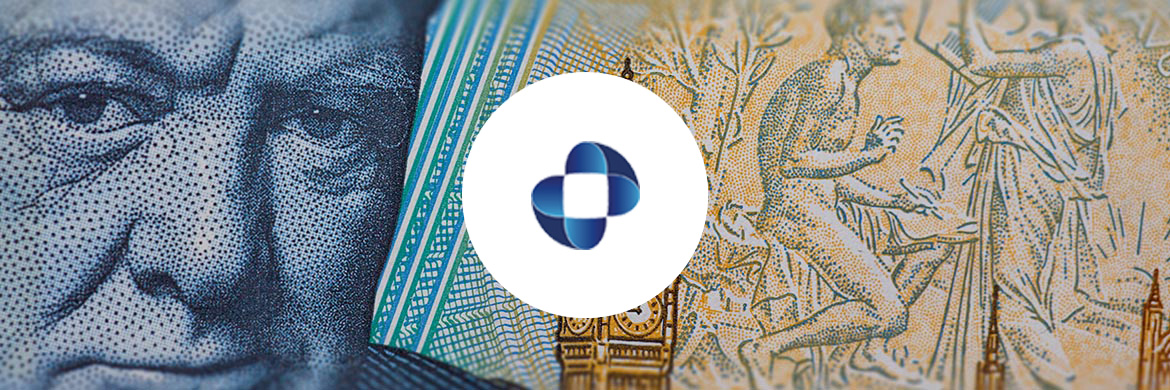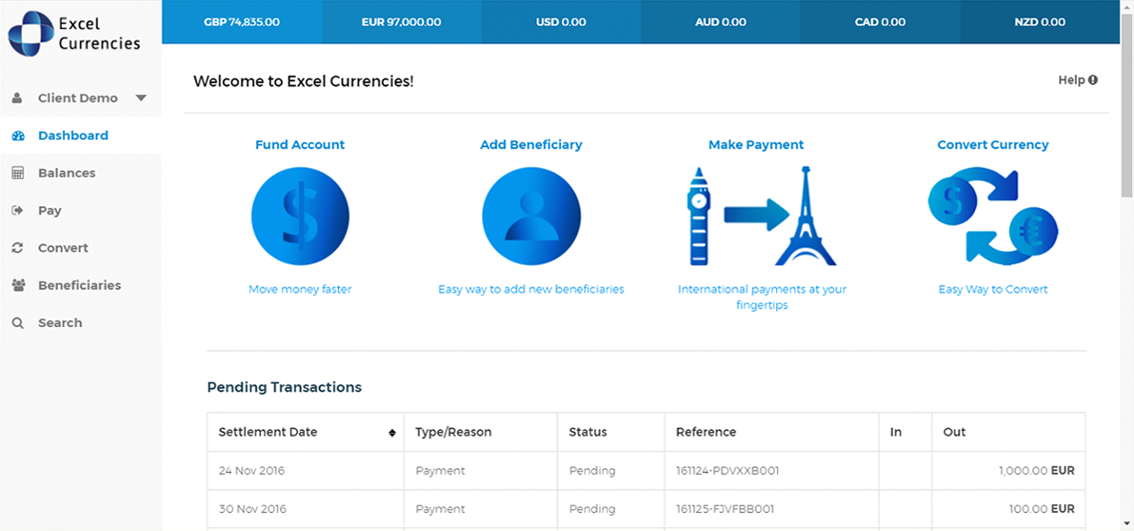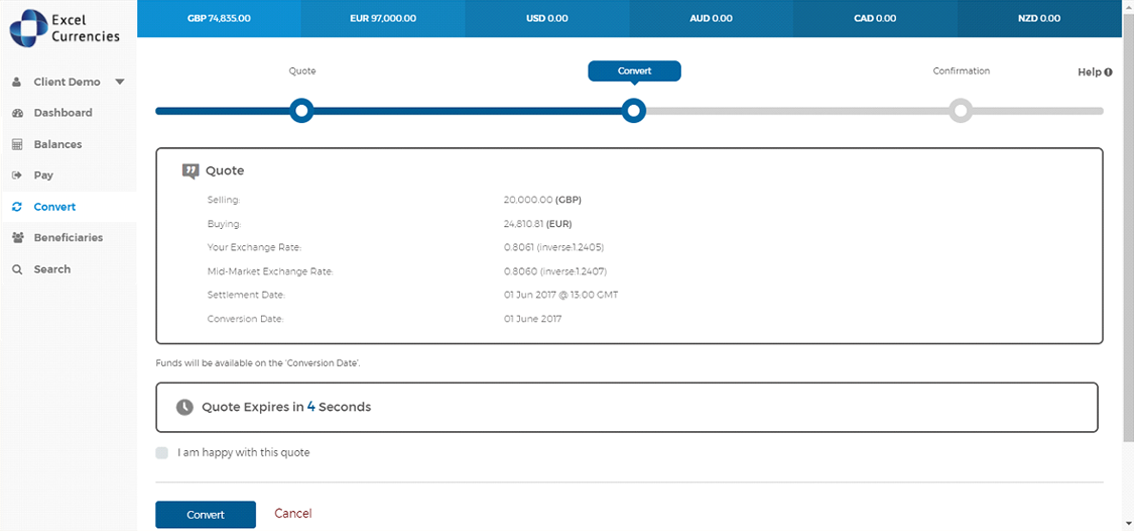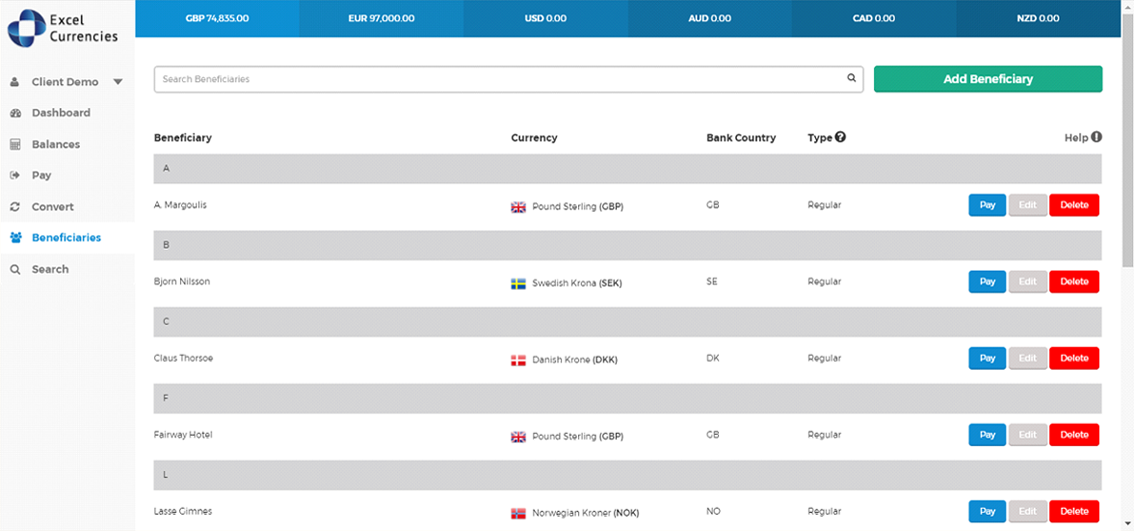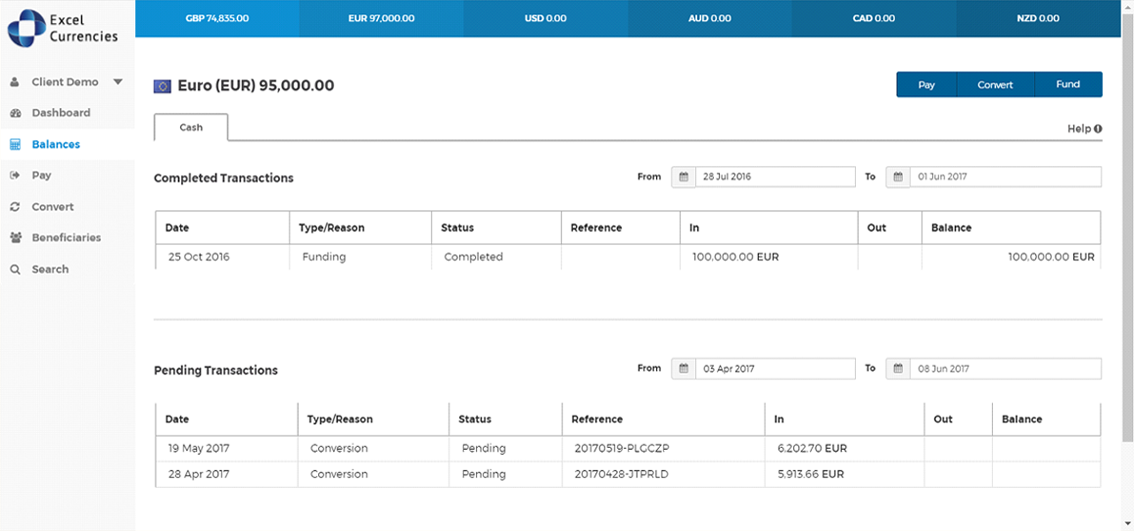The pound was on relatively strong form yesterday, even though there was little to support Sterling’s recovery.
The pound began today on a bit of a downtrend. GBP/EUR inched down to €1.1384, while GBP/USD is struggling to hang on to opening levels of $1.3421. GBP/AUD is stuck at A$1.7109, GBP/NZD at NZ$1.8588 and GBP/CAD at C$1.6683.
Read on to find out why GBP held firm against USD despite strong US data…
What’s been happening?
The pound was largely recovering from Wednesday’s bout of weakness yesterday, although GBP/EUR remained in negative territory.
Although Bank of England (BoE) Governor Mark Carney issued another warning on the impact of Brexit upon the UK economy, this was nothing unexpected and markets were taking the opportunity to buy back into the weakened pound.
GBP/EUR did decline, however, thanks to the release of strong Eurozone data. The Eurozone business climate indicator and business, industrial, and services confidence indices all improved above forecast, while consumer confidence held steady at -1.2.
Preliminary German consumer price index figures for September came in in-line with forecasts, showing consistent 0.1% growth on the month and 1.8% on the year.
US data seemed positive at first glance, but markets weren’t convinced and GBP/USD was able to hold gains throughout the day. The advance goods trade deficit narrowed unexpectedly and second-quarter GDP printed slightly higher than expected at 3.1%. However, at the end of the day there are fears that hurricanes Harvey and Irma will weigh on economic growth in the third-quarter, which may cancel this out to some degree.
New jobless claims also printed higher than forecast, rising from an upwardly-revised 260,000 previously to 272,000 in the week ending September 23rd. Market expectations of a rate hike in December eased back slightly to 76.4%, keeping USD soft.
What’s coming up?
There is plenty on the UK’s economic calendar today to keep the pound on volatile form heading into the weekend. If the finalised second-quarter GDP figures print above or below the previous estimates of 0.3% on the quarter or 1.7% on the year then Sterling could see significant movement one way or the other.
Later in the day, head of the International Monetary Fund (IMF) Christine Lagarde and the Bank of England’s (BoE) Ben Broadbent will speak at the BoE Conference in London. BoE official Jon Cunliffe will speak at a conference in Brussels.
German unemployment data and Eurozone consumer price index figures for September will be released later today and could undermine GBP/EUR if there are signs that the labour market continues to firm or price growth in the currency bloc picks up.
Meanwhile the US is set to release the latest personal consumption expenditure figures for August. This is the Federal Reserve’s preferred way of measuring inflation, so strong growth here will boost the odds of a December interest rate hike.

 Twitter
Twitter Facebook
Facebook linkedin
linkedin Google
Google